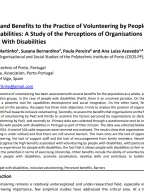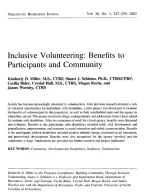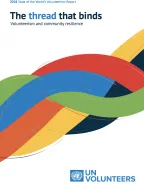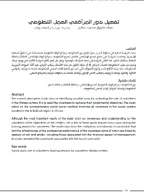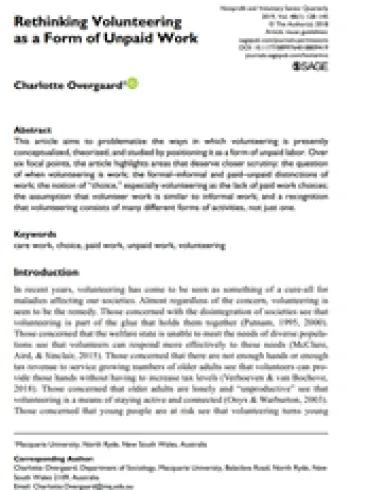
Technical paper
Rethinking volunteering as a form of unpaid work
Volunteerism
Download
Fast Read
The article provides a critical perspective on the ways in which volunteering is presently conceptualized, theorized, and studied by positioning it as a form of unpaid labor. The examples and evidence used to build the arguments concentrate on unpaid care work, with a geographical focus on Australia.
Summary
- The critique of how volunteerism is defined and operationalized in this article is structured around the following key aspects: 1) the question of whether to perceive volunteering as one form of activity, or many forms; 2) the question of when volunteering is considered work and when it is considered leisure; 3) the formal–informal and paid–unpaid distinctions of work; 4) the notion of “choice”, with a focus on volunteering as a result of a lack of paid work choices.
- The article highlights the need for new analytical tools to separate volunteering from “choice” and from the relationships in the informal spheres, to link volunteering more closely to paid work while also reflecting on how unpaid work is embedded in paid work structures. It suggests to further investigate the boundaries between unpaid, formalized work and other forms of paid and unpaid, formal and informal types of work in relation to other forms of the same kind of domain (field of work), rather than across domains (field of works), and recommends a new research agenda to focus on the links between paid and unpaid work.













